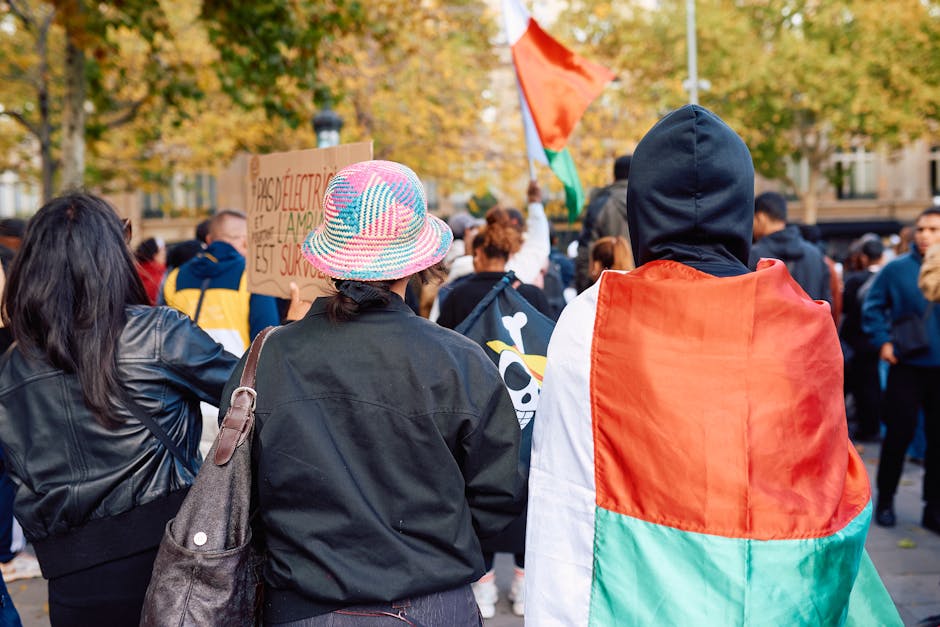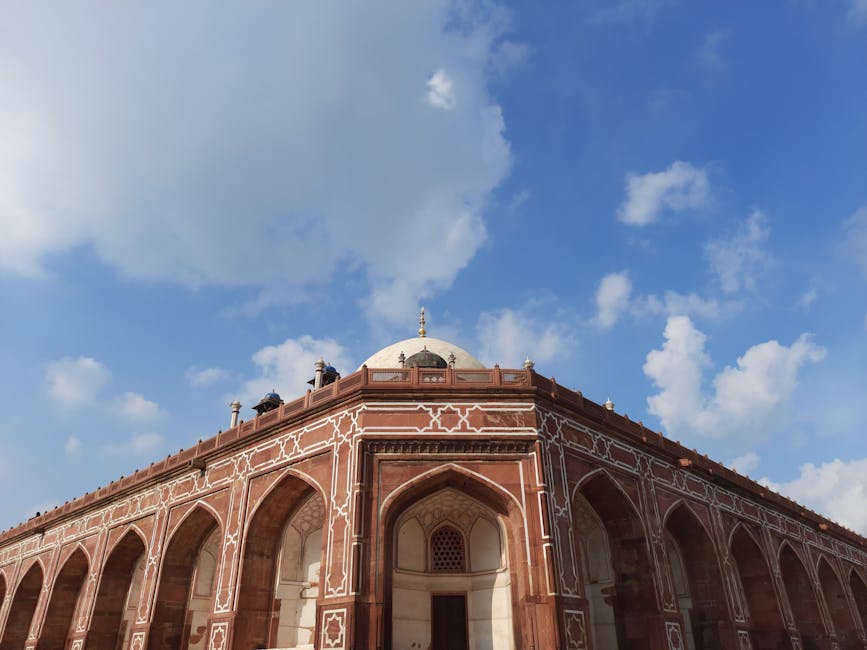Madagascar, the island nation off the southeastern coast of Africa, is at a crossroads. A military coup threatens to destabilize the country, while a vibrant youth-led movement, driven by Madagascar’s Gen Z, pushes for systemic change, transparency, and a brighter future. The question now is whether the coup will derail this burgeoning revolution or if the resilience of the younger generation will prevail.
The Coup: A Sudden Shift in Power
The political turmoil began when a faction of the military, led by disgruntled officers, seized control of key government institutions, citing corruption, economic mismanagement, and a lack of leadership as their reasons. President Andry Rajoelina, who had been in power since 2019, was ousted in a dramatic overnight operation. The coup leaders have since declared a transitional government, promising to restore order and hold elections “when the time is right.”
However, the international community has largely condemned the coup, with the African Union and the United Nations calling for a return to constitutional rule. Sanctions and diplomatic pressures are mounting, and the economic fallout is already being felt. Tourism, a critical sector for Madagascar, has taken a hit, and foreign investments are on hold.
Gen Z’s Revolution: A Beacon of Hope
Amid this chaos, Madagascar’s Gen Z has emerged as a powerful force for change. Frustrated by decades of political instability, corruption, and economic inequality, young Malagasy have taken to the streets and social media to demand accountability and reform. Their movement, fueled by a deep desire for a better future, has been characterized by creativity, resilience, and a refusal to back down.
Social media platforms like TikTok, Twitter, and Instagram have become battlegrounds for these young activists, who use hashtags like #MadagascarRising and #GenZForChange to amplify their voices. They’ve organized peaceful protests, created art and music to express their demands, and even launched community-driven initiatives to address local issues.
One of the movement’s leaders, 22-year-old student activist Mialy Rakoto, explains, “We’re tired of being forgotten, of seeing our country’s potential wasted. This is our time to fight for the Madagascar we believe in.”
A Clash of Forces
The coup and the Gen Z revolution now stand in stark contrast to each other. While the military’s actions represent a top-down approach to governance, the youth movement embodies a grassroots, inclusive vision for the future. The fear is that the coup will suppress the voices of the younger generation, using force and intimidation to maintain control.
There are already reports of internet shutdowns and arrests of activists, signaling a crackdown on dissent. However, Gen Z’s determination remains unshaken. “They can try to silence us, but they can’t stop us,” says 19-year-old artist and activist Jean-Claude Andriamalala. “Our generation is connected, informed, and ready to fight for our rights.”
What’s Next for Madagascar?
The coming weeks and months will be crucial for Madagascar. The international community’s response, the military’s actions, and the resilience of the Gen Z movement will all play a role in determining the country’s trajectory.
For the coup leaders, the challenge will be to maintain legitimacy in the face of widespread condemnation and internal resistance. For Gen Z, the task is to keep their movement alive, even in the face of repression.
Ultimately, the question remains: Will the coup overshadow Madagascar’s Gen Z revolution, or will the younger generation’s energy and vision prevail? One thing is clear—the people of Madagascar, especially its youth, are no longer willing to accept the status quo. Their fight for a better future is a testament to the power of hope and determination in the face of adversity.
As the world watches, Madagascar stands as a reminder that even in the darkest of times, the voices of the next generation can shine a light toward change.




